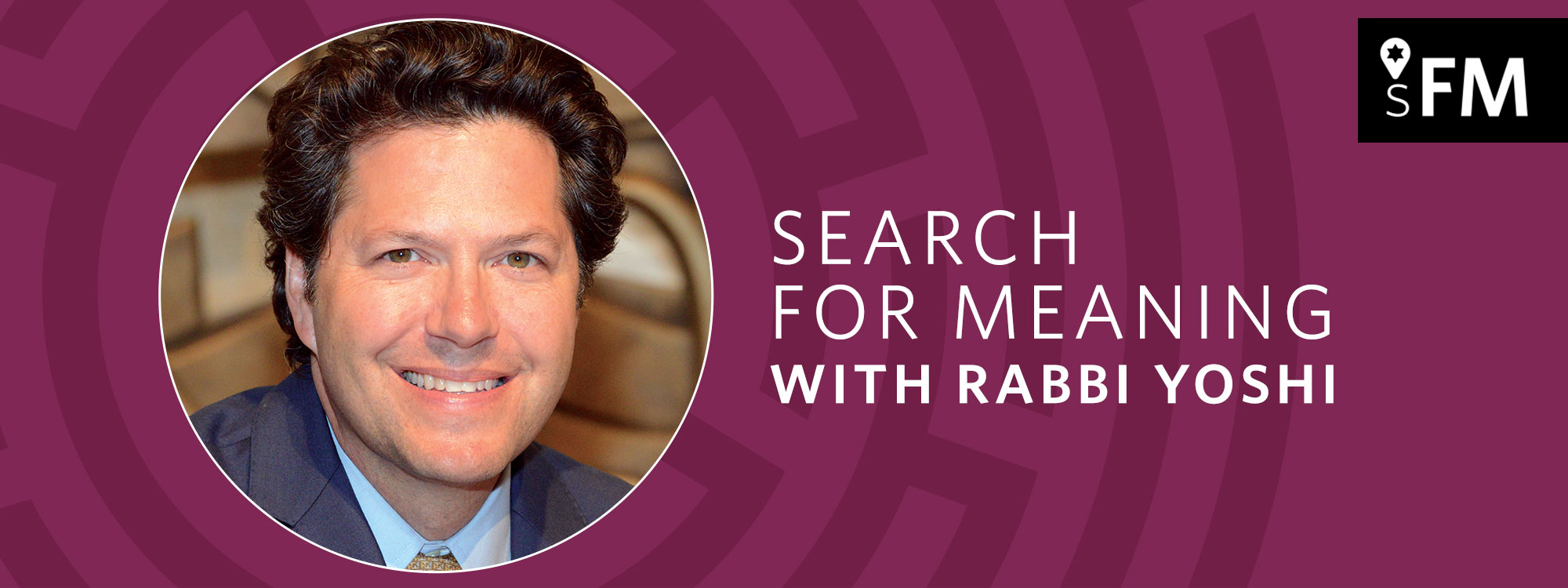Our celebration of the Festival of Lights, Chag Urim, begins on Sunday evening. During the darkest time of the year, we literally and spiritually bring light into our homes, into our lives, and into our world. One of the central themes of Hanukkah is hope: Hope that, despite painful evidence to the contrary—with Russian aggression in Ukraine, ongoing tyranny and oppression in Iran, and countless other conflicts around the world—we will someday experience peace; hope that, on a more personal level, we will become the people we are meant to be—God’s partners in the sacred task of repairing ourselves and our world. We hold on to that hope—we must—because our own tradition and our own history have taught us that even the darkest nights must have a dawn.The words below from Rabbi Hugo Gryn fill me with hope, especially at this time of year. They were originally shared in 1987 on the BBC’s “The Moral Maze.”Gryn was born in 1930 in what was then Czechoslovakia. In this piece, entitled “Three Minutes of Hope,” Gryn reminds us of just how urgent the lesson of Hanukkah is, now and always.
As I light the menorah in my comfortable London home, surrounded by our children, the oldest of whom is getting married tomorrow, I go back to Hanukkah 42 years ago, the bitter, cold winter of 1944, to a miserable Nazi concentration camp called Lieberose in Silesia. From our less-than-meager rations we saved our margarine, from bits of wood carved out bowls for oil lamps, and out of blanket and uniform threads fashioned wicks of a sort. Then on the first night of Hanukkah, in our crowded barrack-room (Block 4 it was), the melted fat in its place, we sang the blessings about God’s miraculous saving power. And then disaster! Margarine does not burn! It just fizzled out.And my anger over precious and seemingly wasted calories, and the less than good-natured teasing of non-Jewish fellow prisoners. Though I was then a middle-aged 14-year-old, I burst into tears. My father, who also saved his rations, and whose idea the celebration was in the first place, and without whose support I would certainly not be alive to tell this tale, tried to comfort me.“You and I,” he said, “have seen that it is possible to live as long as three weeks without food. We once lived almost three days without water. But you cannot live properly for three minutes without hope!”Sadly, my father did not survive. He died of starvation and typhoid a few days after our liberation the following May. But my life was blessed by his life and you will understand why, to this day, beyond the theology and the history of the Hanukkah lights, there shines for me an image of love, and always the inextinguishable rays of hope.
With blessings for a Shabbat and Hanukkah of joy, peace, and hope,

Rabbi Yoshi

